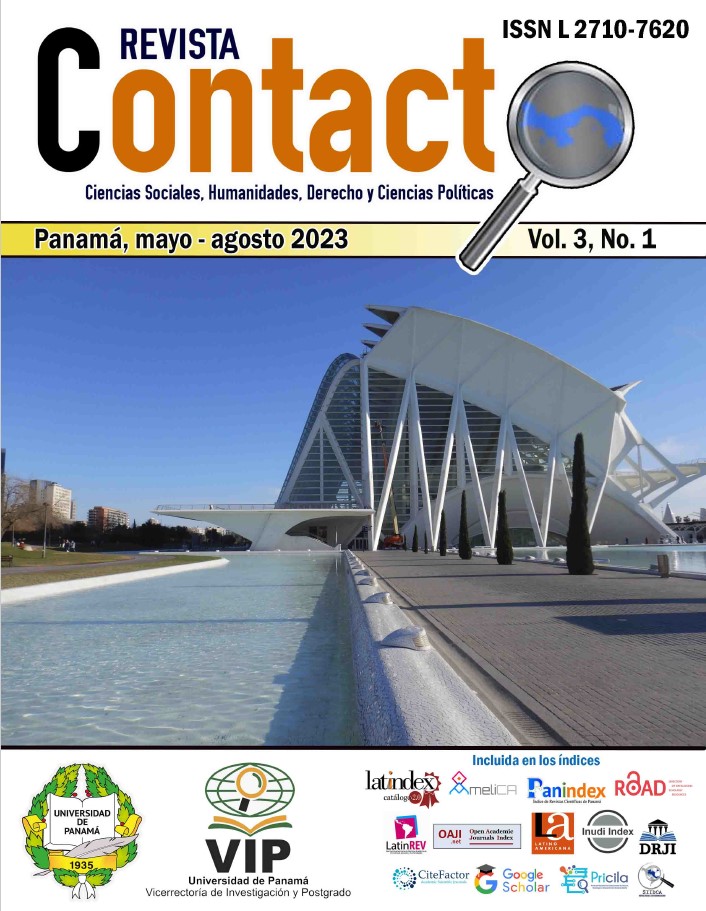

Copyright (c) 2023 Revista Contacto

This work is licensed under a Creative Commons Attribution-NonCommercial-ShareAlike 4.0 International License.
The following article presents an overview of the main academic positions that propose, explain and expose the progressive cycle in Latin America, which is conceived as the turn or transition to leftist political forces. Although there are several elements that define this shift, it is characterized by the set of consecutive electoral victories that occur in the same period, the construction of policies under a position of universal social rights and a discourse focused on the disagreement with the neoliberal economic model. This is how governments emerging from social struggles (including Cuba), leftist local governments in regions and cities of countries governed by the right, as well as anti-neoliberal social movements that have managed to promote progressive social reforms during the period 1999-2021 are included. The chronological analysis presented in this article provides elements to glimpse the electoral behavior in our continent in the coming years, considering elements such as the results of universal social policies. One of the main conclusions is that the progressive cycle generated an ideological and theoretical paradigm built on the perspective of rights in various instances, including academia.